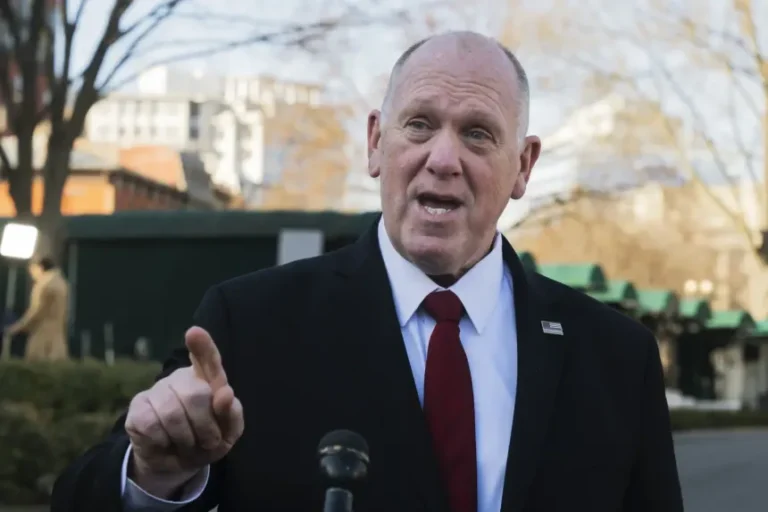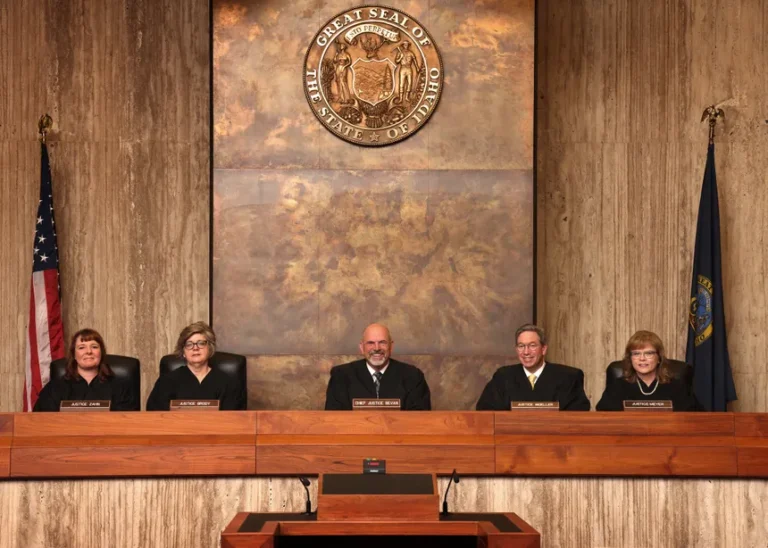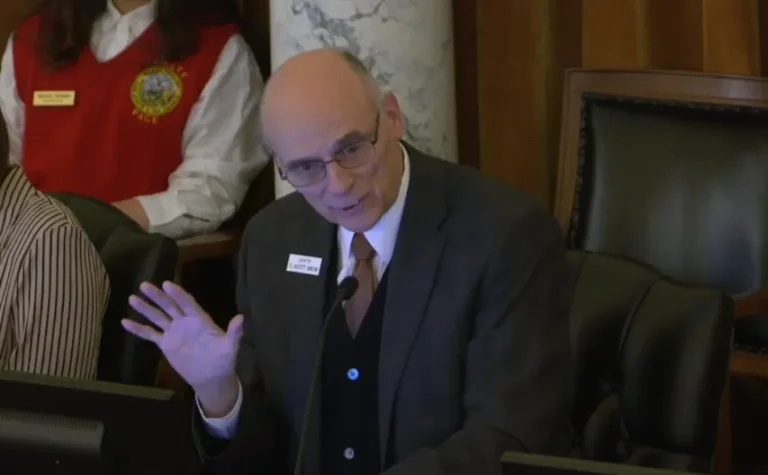
Trump Suggests Tax Increase on Rich, Then Walks It Back
May 10, 2025 — WASHINGTON, D.C. — Former President Donald Trump said Friday he would support a modest tax increase on the highest-income Americans to help fund parts of his domestic agenda—but also advised Republicans against doing it.
Trump’s comments came via Truth Social, where he acknowledged the political risk of any tax hike, referencing former President George H.W. Bush’s 1988 “no new taxes” pledge. Trump wrote that Democrats would weaponize a tax increase politically, even though he said he personally would be “OK” with it.
Tension Within GOP Over Tax Plan Costs
Trump’s remarks come as House Republicans work on a major tax and spending bill. Speaker Mike Johnson (R-La.) has reportedly been in contact with Trump about including a new top tax bracket and closing the carried interest loophole, which benefits investment managers. Trump has also suggested exemptions for small business owners.
At issue is how to finance approximately $4.5 trillion in tax cuts that Trump has proposed, including eliminating taxes on tips, overtime pay, and Social Security benefits, while also making the 2017 corporate tax cuts permanent. With limited options to offset the revenue loss, GOP leaders are grappling with growing fiscal concerns.
White House Responds
White House Press Secretary Karoline Leavitt attempted to clarify Trump’s position, stating that the president supports “the largest tax cuts in history” but would not object to paying more personally if it helped low- and middle-income Americans.
“These negotiations are ongoing,” she added. “The president will weigh in when he feels necessary.”
GOP Faces Political Balancing Act
Trump’s mixed messaging could complicate Republican efforts to draft a tax bill that satisfies both his policy priorities and the party’s fiscal conservatives. House Ways and Means Chairman Jason Smith (R-Mo.) is expected to meet with Trump to discuss the matter.
Though Trump’s comments leave room for flexibility, they also reinforce a familiar tension within the GOP: balancing tax cuts with deficit concerns—without sparking internal divisions ahead of the 2026 elections.





